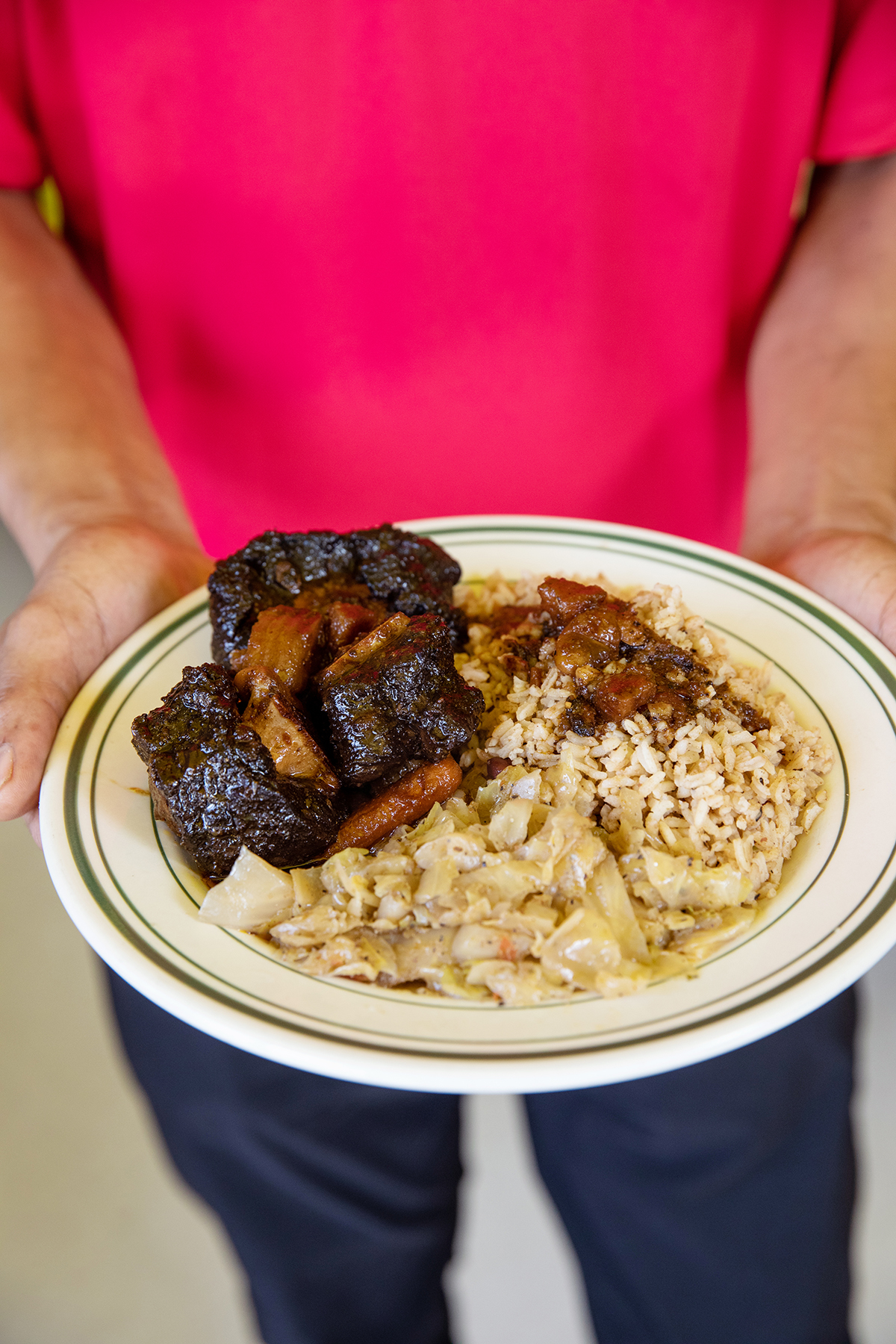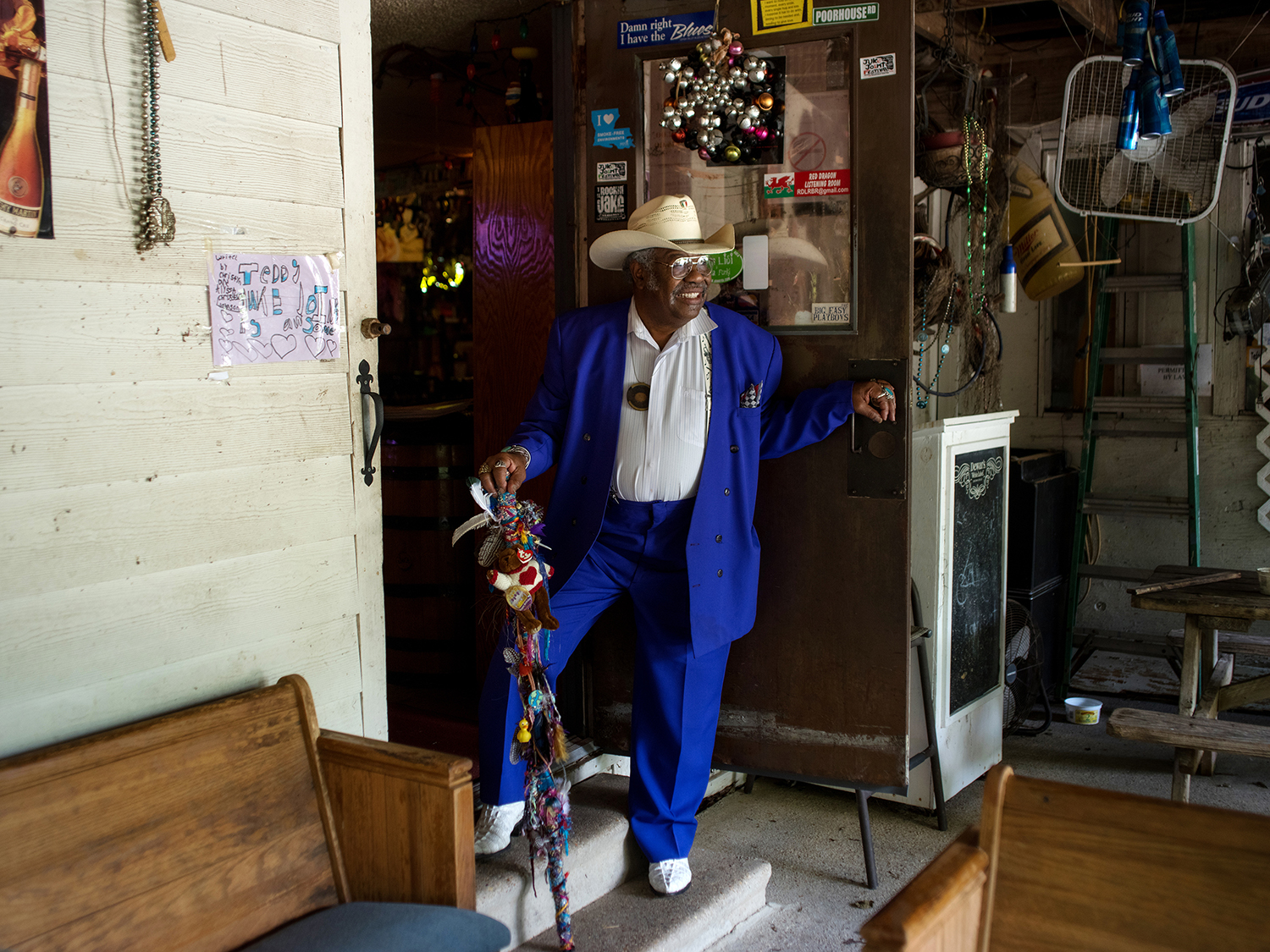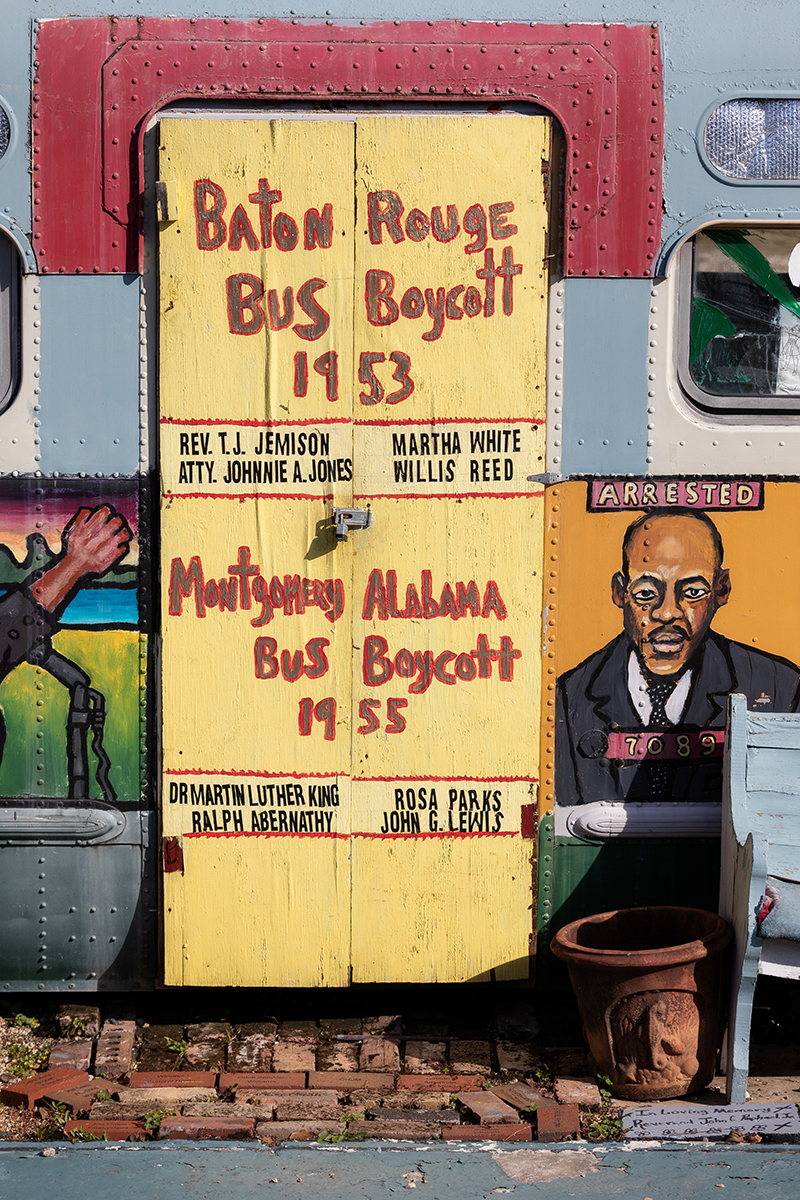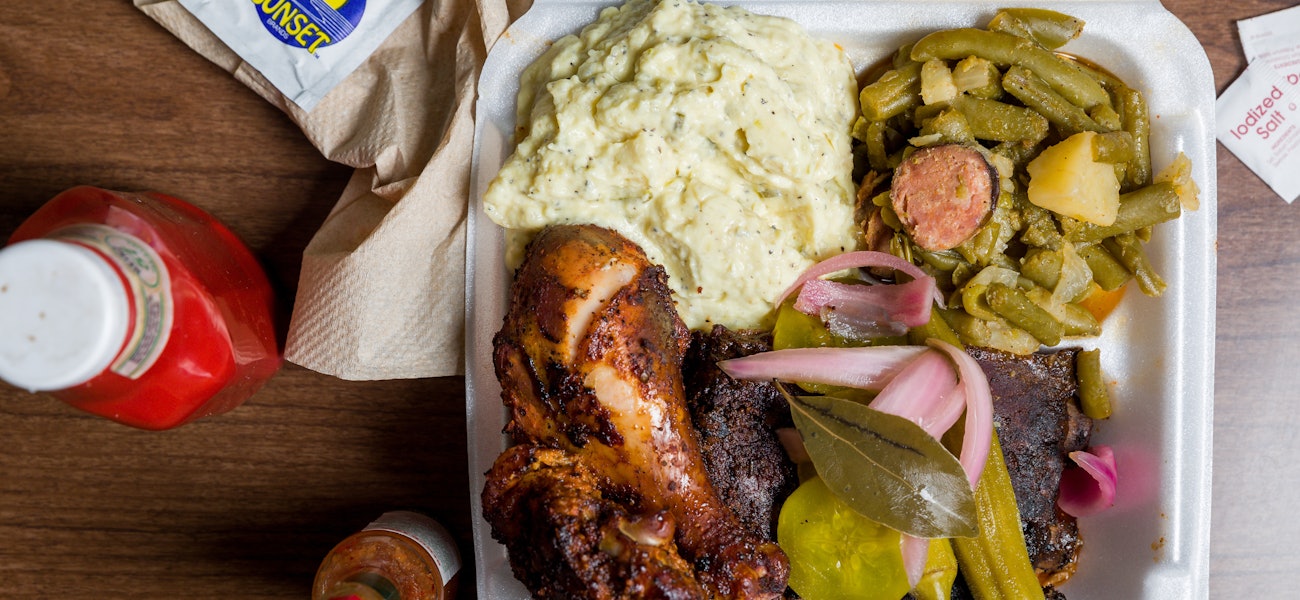As Baton Rouge marks Black History Month, it’s a great time to experience the city’s recently formed Black History Trail. Sample local cuisine, view nationally renowned public art and ponder the role that Red Stick’s Black leaders played in shaping the fight for civil rights. These sites and and more are part of the trail, launched by Visit Baton Rouge in July 2021.
The experience is divided into five facets: History & Museums, Food, Music, Art and Events & Festivals. Some sites, like the Baton Rouge African American Museum are permanent, while others, like watching Southern University’s famed “Human Jukebox” Marching Band, or attending the Baton Rouge Blues Festival are seasonal events. The trail also includes discovering the city’s deep bench of Black-owned eateries, which feature a range of cuisines, from authentic soul food to barbecue and global cuisine.
Here are a few of the Trail’s highlights.
|
|
|
Experience art
A cornerstone of the Baton Rouge Black History Trail is the work of renowned American sculptor Frank Hayden, who taught in Southern University’s Department of Visual Arts for many years before his tragic death in 1988. Hayden grew up in poverty in Memphis and earned a scholarship to study sculpture at the University of Notre Dame. Many of his pieces were commissions that trace significant aspects of Baton Rouge’s history. At Southern, his “Red Stick” is a remembrance of Baton Rouge’s founding on the Mississippi River near Southern’s Scott’s Bluff. Hayden’s “Lift Every Voice,” flanking Southern’s Smith Brown Memorial Student Union, honors Denver Smith and Leonard Brown, two students who were shot and killed by law enforcement during a 1960s campus protest over the lack of funding for Black colleges and universities. His “Oliver Pollack” and “Marcha de Galvez” at Galvez Plaza in downtown Baton Rouge trace the history of the territory during the American Revolution.

Eat up
At Chef Celeste Bistro, sample salads, sandwiches, brunch benedicts and local ingredients at this Main Street Market anchor eatery. At Zeeland Street Market, longtime owner Stephanie Phares makes healthy Southern cooking, featuring vegetables, plate lunches, fresh Gulf fish, salads, burgers along with breakfast served Monday through Saturday. Don’t miss “knuckle suckin’ good” fried chicken at the Chicken Shack, open since 1935. Try rich, dark coffee, pastries and acai bowls at Southern Cofe. If barbecue is more your thing, try wood-smoked ribs, chicken and pork at numerous spots around town like Sauce and Bones, Memphis Mac, Pit-N-Peel, Pimanyoli’s and the Smokey Pit. Savor birria tacos and birria ramen from mobile proprietor Guilty Pleasures. And dive into authentic jerk and curry at Royal Taste of Jamaica. These are just a few of the many Black-owned eateries out there to experience. Find more on Instagram at @eatblackbr.
|
|
|

Hear the music
Swamp blues was developed in and around Baton Rouge by musicians like Slim Harpo, whose historic gravesite lies across the river at a spot known as Mulatto Bend. Celebrate Harpo’s legacy by enjoying the blues at the Baton Rouge Blues Festival this year on April 23-24, or at spots like the Henry Turner Jr. Listening Room and Teddy’s Juke Joint.

Appreciate history
As you bike along the Downtown Greenway, notice the portion of East Boulevard named for Rev. T. J. Jemison, longtime pastor of Mt. Zion Baptist Church and founder of the 1953 Baton Rouge Bus Boycott. The event inspired Martin Luther King Jr. to use the same strategy in Montgomery in 1955. Take a stroll through Southern University, founded in 1880, and one of the country’s longstanding and important Historically Black Colleges and Universities. And visit the Baton Rouge African American Museum, created by late activist Sadie Roberts-Joseph in 2001. The grassroots site includes a 1953 bus, biographical information about numerous Black leaders, artists and inventors, rural artifacts and more.
There’s much to experience on Baton Rouge’s Black History Trail that will keep you busy year-round.





